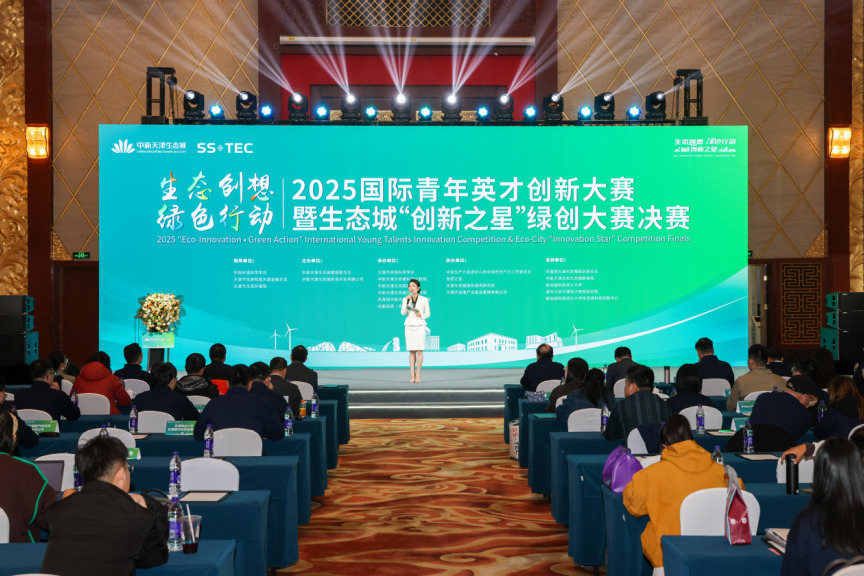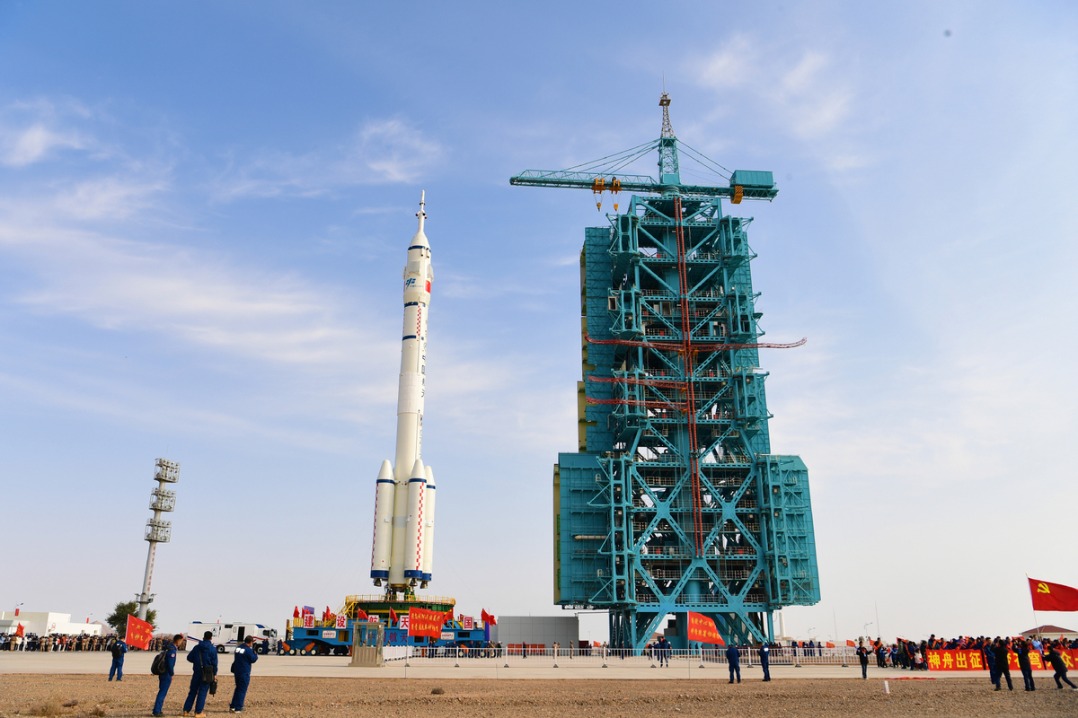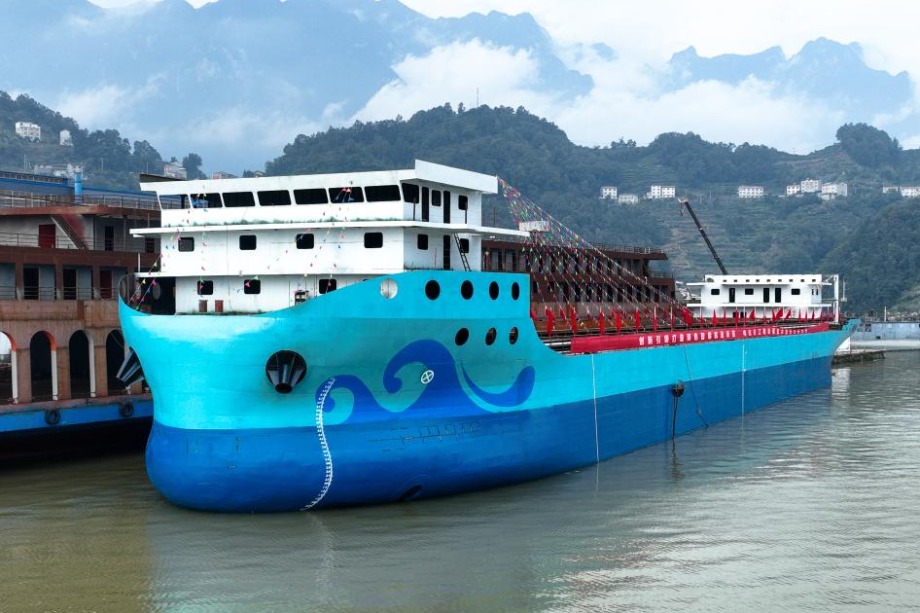Changed or not, shorter two sessions are just as sharp


For the first time in more than a decade, I will be sitting in the office rather than being in the Great Hall of the People in central Beijing on the opening day of the annual two sessions due to the limited number of reporters allowed this year.
And it will be the first time in more than two decades that the two sessions start so late in the year, rather than in early March the customary month for China's biggest annual political gathering.
Due to the novel coronavirus outbreak, the annual plenary session of the National People's Congress, the top legislature, and the annual plenary meeting of the National Committee of the Chinese People's Political Consultative Conference, the top political advisory body, have both been postponed for more than two months.
Before the dates for the two sessions were set, the questions of "if" and "when" they would be held, were hot topics among not only the Chinese public but also domestic and foreign media.
Whether the two sessions can be held in the customary way will be an indication of how well the country has brought the novel coronavirus epidemic under control and resumed normal political and social life.
To hold the full session of the NPC once a year is required by the country's fundamental law-the Constitution. It stipulates that all power in the People's Republic of China belongs to the people, and the people exercise State power through the NPC and local people's congresses at different levels.
The Constitution also makes it clear that the country's administrative, judicial and procuratorate organs are elected by people's congresses, and are also answerable to and receive supervision from them.
That's why about 3,000 NPC deputies gather every year to review and vote on the annual work reports of the central government, the top court and the top procuratorate, as well as the budget and economic and social development plans.
As for the CPPCC, it plays a major part in promoting socialist democracy in China's political life, and is an important component of the country's governance system and a distinctively Chinese institutional arrangement.
To hold the CPPCC National Committee full session once a year is also clearly required by the CPPCC Charter. More than 2,000 national political advisers, many of them not Communist Party of China members, will make proposals on issues of concern to them.
Therefore, the two sessions are crucial to the country's political life. As China gradually brought the novel coronavirus outbreak under control, which allowed for long-distance travel and mass gatherings, it started to prepare for the two sessions.
According to the agenda, all the routine events, such as reviewing the key work reports, remain unchanged. Legislators and political advisers will also discuss a draft civil code, moving the country closer to Chinese people's decadeslong aspiration of having such a basic civil law.
Lawmakers and political advisers are also expected to make suggestions and deliver motions as usual, to bring the voices of people from across the country to the central leadership.
However, with the shadow of COVID-19 lingering, we may also see some changes this year in terms of how the meetings are organized. For example, the sessions will be shorter than the usual two weeks of previous years, the number of reporters will be limited, and news conferences and media events will be reduced or conducted in video form.
Many reporters might be disappointed this year as they may not have the chance of encountering senior officials, renowned scientists or successful entrepreneurs in the meeting rooms for questions.
However, I believe the two sessions will be unchanged when it comes to having enough work for my media colleagues, given the heavyweight work reports and panel discussions, which are expected to point the way to how China can boost the economy after experiencing a recession in the first quarter. How China can achieve the goal of poverty alleviation-a solemn pledge the central leadership has made to the people, given the impact of the COVID-19 epidemic, is another weighty issue.
Personally, I'm also looking forward to experiencing something different in how we organize and conduct the coverage of the upcoming two sessions. With the unchanged nature but some changed formats, this year's two sessions are destined to be special.
- China becoming key contributor to cosmic understanding, academician says
- Xi's special envoy to attend inauguration of Seychelles' president
- Commemorating Taiwan's restoration reflects Chinese people's shared will
- China's top anti-graft body convenes to study principles of CPC plenum
- Major strontium ore deposit found in Jiangsu
- Sierra Leone hails Chinese investment as 'pivotal' to mining growth





































